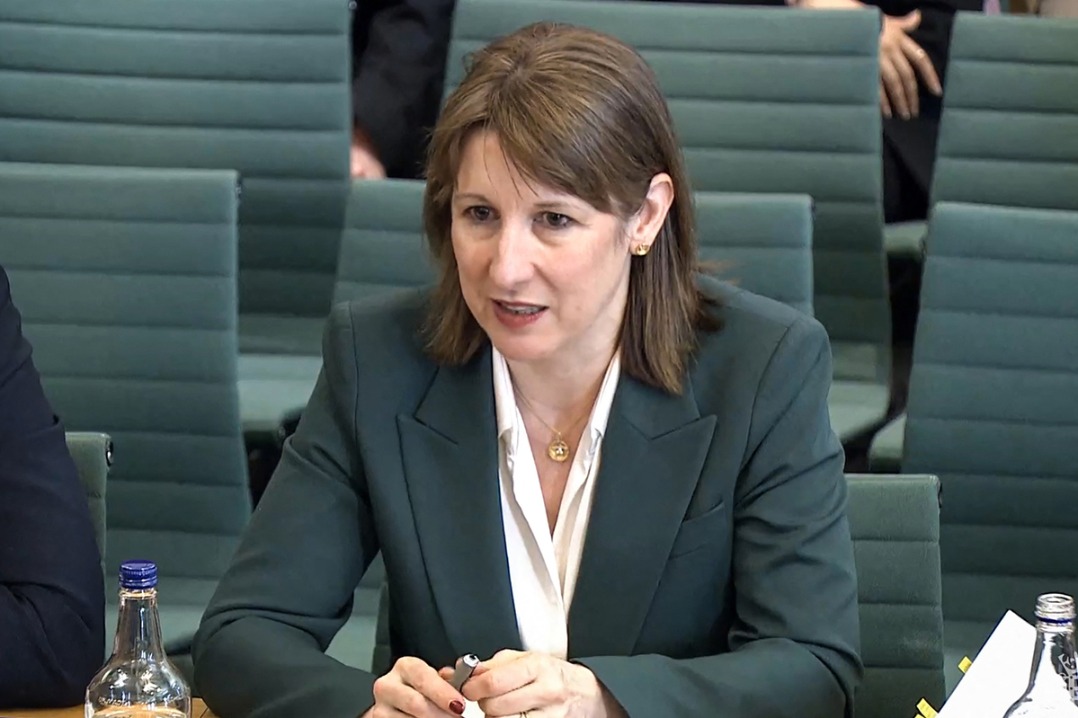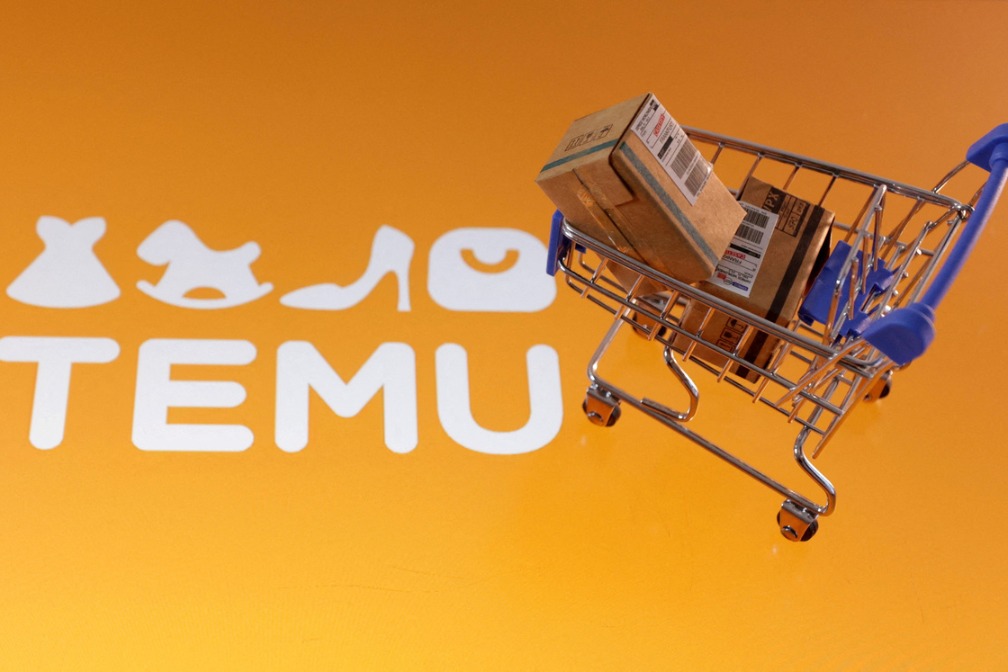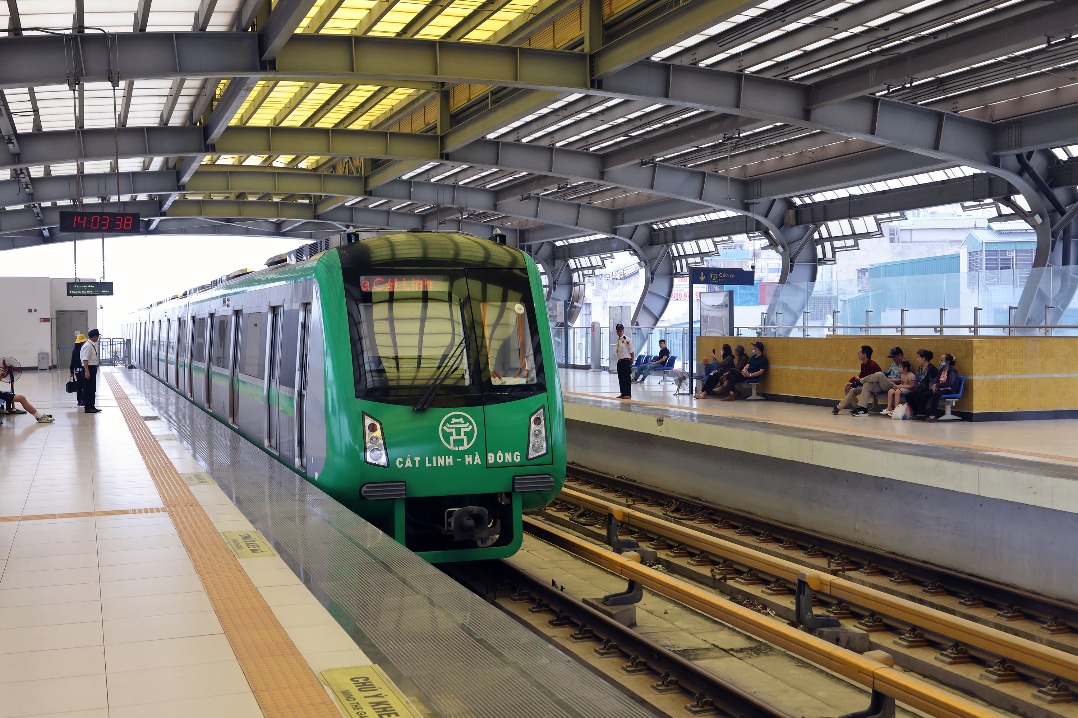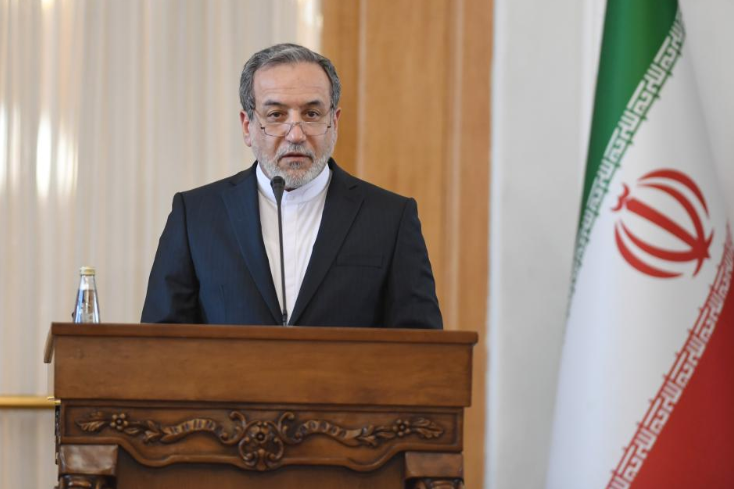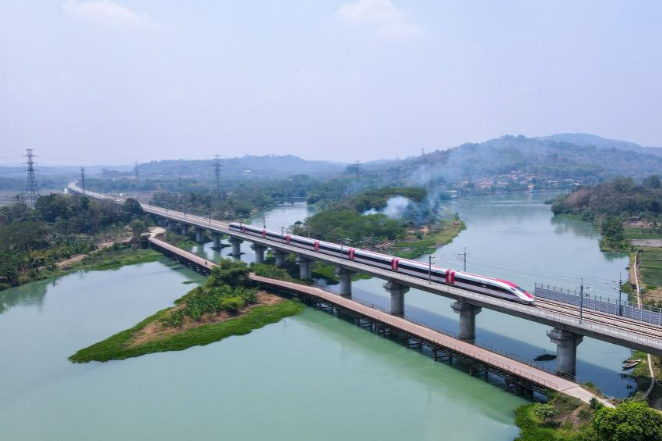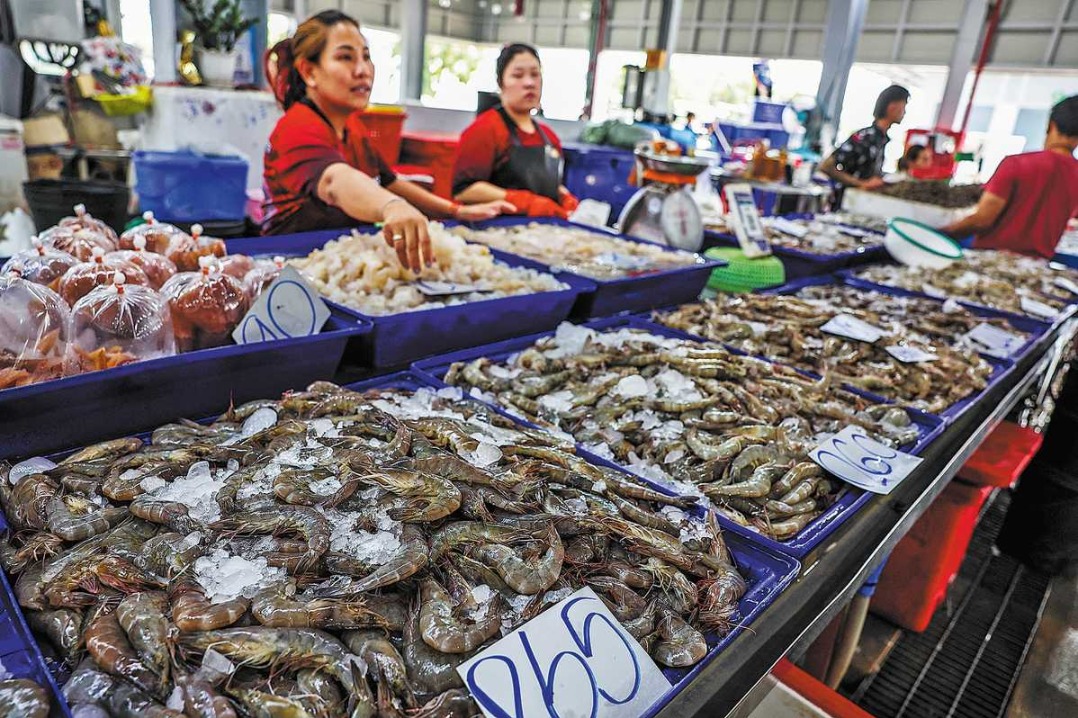African countries to roll out new TB drug

Five African high-burden tuberculosis countries, including Ethiopia, Kenya, Malawi, South Africa and Zimbabwe are set to roll out a new, shorter drug regimen, known as 3HP to prevent tuberculosis.
The new regimen consists of three months of rifapentine and isoniazid treatment, and it's taken only once a week for 12 weeks. It offers numerous benefits for infected individuals and clinicians, and programs.
It also has fewer side effects; more patients complete the regimen and it's easier for patients to take.
The previous standard of care, isoniazid preventive therapy, was long and complex, with people required to take a pill daily for six to 36 months.
The new drug will be financed by Unitaid, the United States President's Emergency Plan for AIDS Relief and the Global Fund.
More than 120,000 patient courses of 3HP will be delivered by the project to 12 countries in 2020.
An additional 1 million patient courses are expected to reach low- and middle-income countries by the end of the year, through the combined support of Unitaid, Global Fund, the Stop TB Partnership's Global Drug Facility and President's Emergency Plan for AIDS Relief.
During the first phase, 3HP will be given to those at highest risk of TB infection progressing to TB disease, notably people living with HIV and children under the age of five.
People living with HIV are 20 to 37 times more likely to move from latent to active TB than those without HIV infection. Often, their infection goes unnoticed until it's too late, and as a result people being successfully treated for HIV are now dying from TB.

















